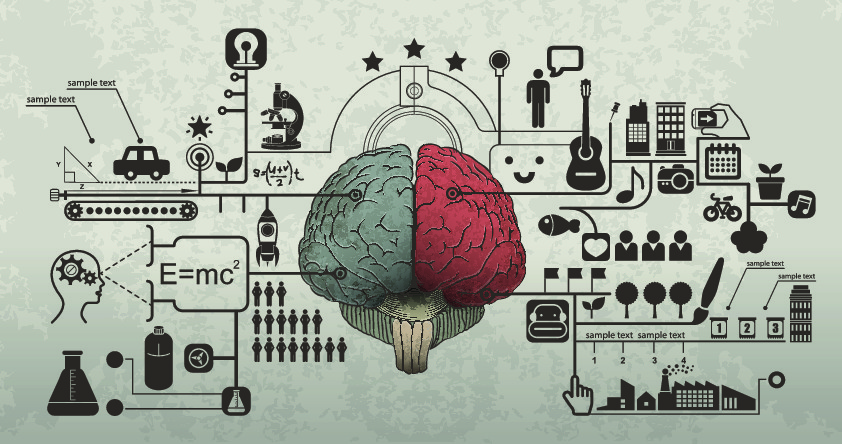Psychology is the scientific study of the mind and behavior. It encompasses a wide range of topics and approaches aimed at understanding how humans think, feel, and behave. From exploring cognitive processes to examining social interactions and mental health, psychology offers valuable insights into the complexities of human nature.
Table of Contents
History of Psychology
The history of psychology dates back to ancient civilizations such as those in Egypt, Greece, and China, where philosophical inquiries into human behavior and the mind began. However, modern psychology as a scientific discipline emerged in the late 19th century. Wilhelm Wundt, often regarded as the father of psychology, established the first psychology laboratory in Leipzig, Germany, in 1879, marking a pivotal moment in the field’s development.
Major Branches of Psychology
1. Clinical Psychology
Clinical psychology focuses on the assessment, diagnosis, and treatment of mental illnesses and emotional disturbances. Clinical psychologists work with individuals, families, and groups to provide therapy and interventions aimed at improving psychological well-being.
2. Cognitive Psychology
Cognitive psychology examines mental processes such as thinking, reasoning, problem-solving, and decision-making. Researchers in this field explore how humans perceive, process, and store information, shedding light on mechanisms that govern our cognitive abilities.
3. Developmental Psychology
Developmental psychology studies the psychological growth and changes that occur throughout the lifespan. This branch investigates how individuals develop physically, emotionally, socially, and cognitively from infancy through old age, addressing key milestones and transitions in human development.
4. Social Psychology
Social psychology explores how social interactions, influences, and relationships shape human behavior and attitudes. Researchers in this field investigate topics such as conformity, prejudice, persuasion, and group dynamics, offering insights into the ways individuals perceive and interact with others in various social contexts.
5. Behavioral Psychology
Behavioral psychology focuses on observable behaviors and the environmental factors that influence them. This approach emphasizes learning processes, conditioning, reinforcement, and behavior modification techniques to understand and predict human actions.
6. Neuropsychology
Neuropsychology examines the relationship between brain function and behavior. By studying brain injuries, neurological disorders, and cognitive impairments, neuropsychologists seek to understand how brain structures and processes impact cognitive and behavioral functioning.
7. Industrial-Organizational Psychology
Industrial-organizational (I-O) psychology applies psychological principles to the workplace. I-O psychologists study employee behavior, job satisfaction, organizational culture, leadership, and productivity to enhance workplace performance and well-being.
Methodologies in Psychology Research
Psychological research employs various methodologies to investigate hypotheses and collect data. These include:
- Experimental Studies: Controlled experiments to test causal relationships between variables.
- Observational Studies: Systematic observation of behaviors in natural settings.
- Survey Research: Collection of data through questionnaires and interviews to gather insights from participants.
- Case Studies: In-depth examination of individuals or small groups to explore unique phenomena or psychological conditions.
Applications of Psychology
Psychology has practical applications across diverse fields, including:
- Healthcare: Informing therapeutic interventions, patient care, and wellness programs.
- Education: Enhancing learning strategies, student motivation, and academic achievement.
- Business: Improving employee satisfaction, leadership effectiveness, and organizational performance.
- Sports: Enhancing athlete performance, motivation, and mental resilience.
- Law: Providing expert testimony, forensic evaluations, and legal consultations.
Challenges and Future Directions
The field of psychology continues to evolve, facing challenges such as the replicability of research findings, ethical considerations in experimentation, and cultural biases in psychological theories. Future directions include integrating advanced technologies like neuroimaging and artificial intelligence to deepen understanding of brain-behavior relationships and improve diagnostic accuracy.
Conclusion.
In conclusion, psychology is a multifaceted discipline that investigates the complexities of human behavior and cognition through rigorous scientific inquiry. From its historical roots to its modern applications, psychology plays a crucial role in advancing knowledge and improving lives across various domains.


Leave a Comment